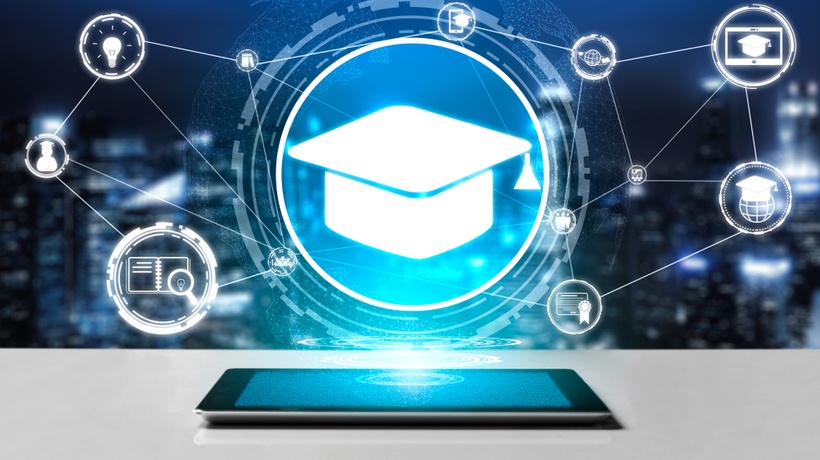
The use of artificial intelligence (AI) in education has the potential to change the way we learn and teach. AI-enabled tools can assist teachers and students in various ways, from automating administrative tasks to providing personalized learning experiences. In this article, we'll explore the role of AI in education and how it's enhancing learning and personalization.
The Role of AI in Education
AI has the potential to transform education in many ways, including:
- Automating Administrative Tasks
AI can assist teachers by automating administrative tasks such as grading, scheduling, and attendance tracking. This can free up time for teachers to focus on teaching, planning lessons, and providing individualized support to students.
- Personalizing Learning Experiences
AI can provide personalized learning experiences for students by analyzing their learning styles, strengths, and weaknesses. This can help teachers to tailor their teaching methods and materials to meet the needs of individual students, leading to better learning outcomes.
- Enhancing Collaboration and Communication
AI can enhance collaboration and communication between teachers and students, as well as among students. For example, AI-enabled tools can facilitate group work and peer-to-peer learning by providing real-time feedback and suggestions.
How AI Enhances Learning and Personalization
AI can enhance learning and personalization in many ways, including:
- Analyzing Learning Data
AI can analyze large amounts of learning data, including student performance, engagement, and behavior. This data can be used to identify patterns and provide insights into student learning and behavior.
For example, AI can analyze data from online learning platforms to identify which learning activities are most effective for individual students. This can help teachers to personalize learning experiences and provide targeted support to students who are struggling.
- Providing Real-Time Feedback
AI can provide real-time feedback to students, helping them to identify areas where they need to improve and providing suggestions for how to improve. This can help students to stay engaged and motivated, as well as improve their learning outcomes.
For example, AI-enabled tools can provide feedback on student writing, highlighting areas where the student needs to improve and providing suggestions for how to improve. This can help students to develop their writing skills and improve their performance on assignments and exams.
- Personalizing Learning Experiences
AI can personalize learning experiences by analyzing student data and providing tailored recommendations. This can help students to learn at their own pace and in a way that suits their learning style.
For example, AI-enabled tools can provide personalized recommendations for learning materials, based on the student's interests and learning history. This can help students to stay engaged and motivated, as well as improve their learning outcomes.
The Benefits of AI in Education
There are many benefits to using AI in education, including:
- Improved Learning Outcomes
AI can help to improve learning outcomes by providing personalized learning experiences and targeted support to students who are struggling. This can help students to stay engaged and motivated, as well as improve their performance on assignments and exams.
- Increased Efficiency
AI can help to increase efficiency in education by automating administrative tasks and streamlining workflows. This can free up time for teachers to focus on teaching and providing individualized support to students.
- Enhanced Collaboration and Communication
AI can enhance collaboration and communication between teachers and students, as well as among students. This can help to create a more engaging and dynamic learning environment, as well as improve learning outcomes.
Conclusion
The use of AI in education has the potential to transform the way we learn and teach. By providing personalized learning experiences, automating administrative tasks, and enhancing collaboration and communication, AI can help to improve learning outcomes and create a more engaging and dynamic learning environment. As the use of AI in education continues to grow, it's important to ensure that it's used in a responsible and ethical manner, with a focus on improving the quality of education for all students.